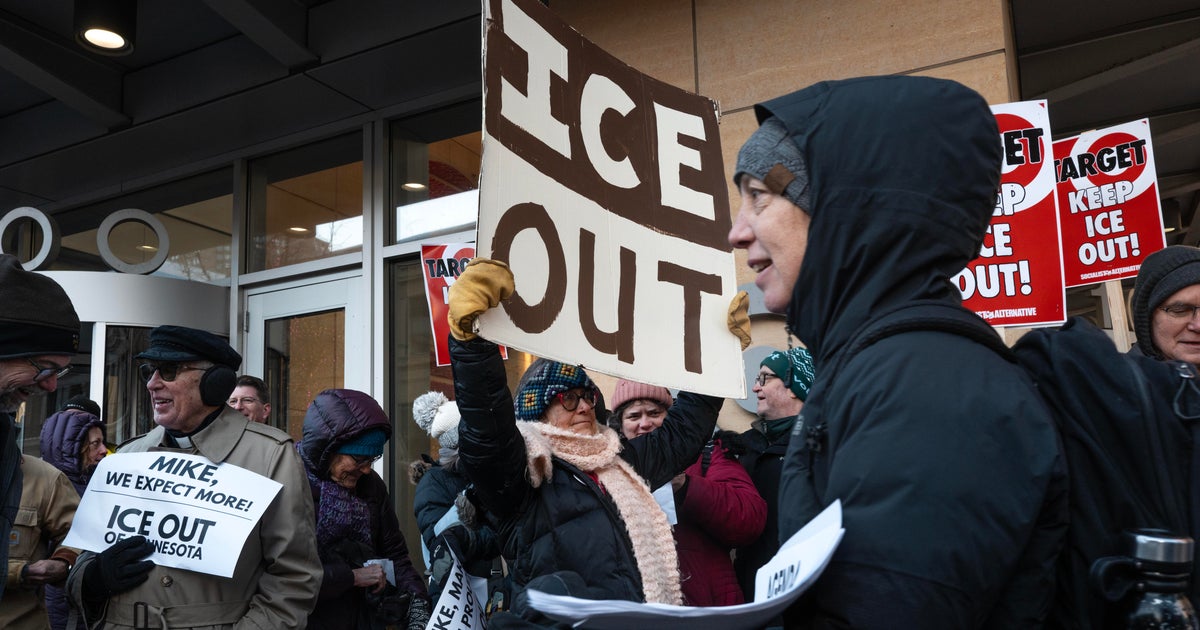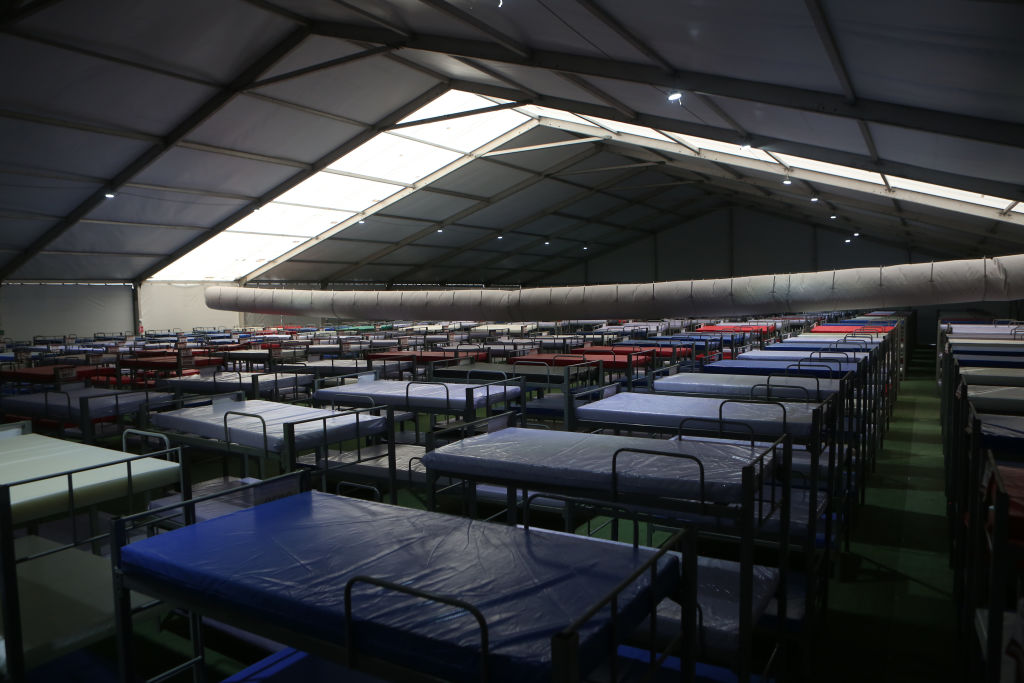How would deporting undocumented workers affect the U.S. economy?
Unauthorized immigrants may be wondering what their future holds, given President-elect Donald Trump’s vow to deport millions as soon as he takes office. But Americans should also be asking what mass deportations will mean for the country’s economic outlook.
Removing the country’s estimated 8 million unauthorized workers likely won’t be positive for the U.S. economy, according to new research from economists Ryan Edwards and Francesc Ortega at Queens College CUNY. Undocumented workers contribute about 3 percent of private-sector gross domestic product, or about $5 trillion over a decade, according to their paper, published by the National Bureau of Economic Research.
The U.S. likely wouldn’t feel the impact evenly, however, with certain industries and states having a greater reliance undocumented workers. California would be the hardest-hit state, since removing unauthorized workers would lead to a 4 percent drop in private-sector output in the short term, or about $83 billion. Texas and New York would experience the second- and third-largest economic drops, witnessing 10-year declines of $51 billion and $33 billion in output, respectively, the authors calculate.
“The economic contribution to U.S. GDP of the current unauthorized workers is substantial,” the researchers wrote. “Unauthorized workers may be responsible for 8 to 9 percent of the value-added in agriculture, construction, and leisure and hospitality.”
While that seems dire, the research comes with a major caveat: It assumes that workers from other segments of the economy wouldn’t take the jobs left vacant by the deported immigrants. It’s likely that some Americans and legal immigrants would take on those roles, shifting between industries and jobs to secure new opportunities, although it’s unclear how much appeal those vacant jobs would hold for legal and native-born workers.
Trump’s position on immigration has been formed by the view that undocumented workers are taking wages and jobs away from native-born and legal workers. But policy experts note that his focus on immigration comes at a time when the share of undocumented workers is declining. While the American labor force, comprised of people born in the U.S. or who immigrated legally, has expanded by 2.2 percent since 2009, the number of illegal immigrants has declined from 8.1 million to 8 million over the same time.
It’s also unclear whether unauthorized workers are taking jobs away from Americans. Even within the occupations with the largest shares of undocumented workers -- such as farm laborers, roofers and maintenance workers -- the majority of jobs are filled by native-born workers and legal immigrants.
In an interview with “60 Minutes,” Trump said he would immediately deport 2 million to 3 million undocumented immigrants, whom he said are “criminal and have criminal records, gang members, drug dealers.” As for the remaining undocumented workers, Trump said he would figure that out after the border is “secure.”
Trump has largely focused on America’s southern border with Mexico, even though Pew notes that undocumented workers are increasingly arriving from three other regions: Asia, Africa and Central America.
The costs to taxpayers for deporting millions of undocumented workers would mount quickly. On top of hiring thousands of new immigration agents, the country would need to house and feed millions of undocumented workers until buses, chartered aircraft and other transportation could be secured.
The final tally? It would cost at least $400 billion in new federal spending to handle the exodus, according to research published earlier this year from the American Action Forum. The free-market think tank also measured the economic hit from losing those roughly 11 million workers: a reduction of $1.6 trillion in America’s GDP.
On the other hand, legalizing the country’s undocumented workers would strengthen the U.S. economy, the Queens College economists found.
They noted, “Legalization would increase the productivity of undocumented workers, triggering further investment by employers. Legalization would increase the economic contribution of the unauthorized population by about 20%, to 3.6% of private-sector GDP.”



